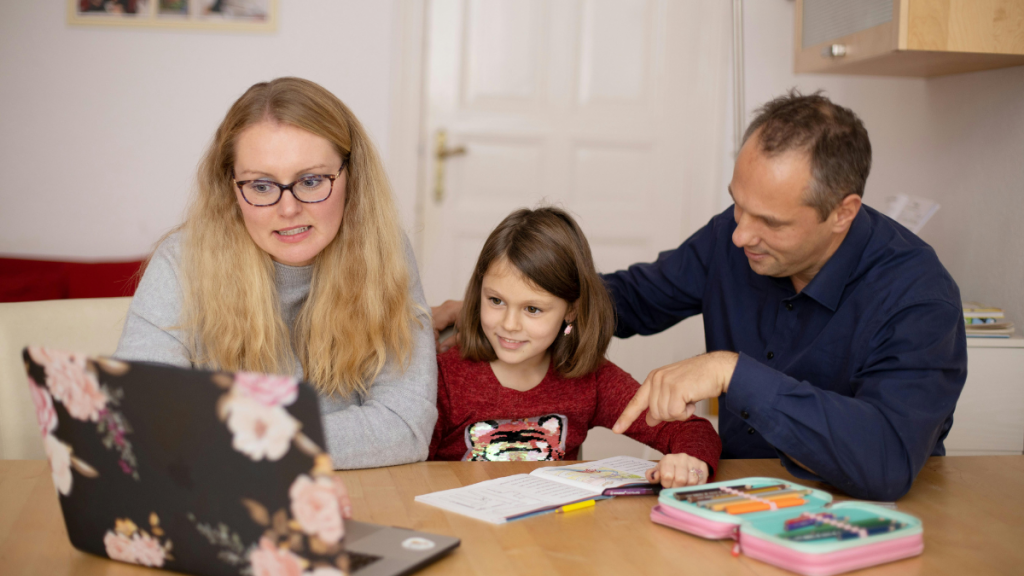On 25 September 2025, UNESCO released its first-ever report focused specifically on homeschooling, titled “Homeschooling through a Human Rights Lens.” The study explores how home-based education interacts with the international “right to education” framework. At first glance the document appears neutral and descriptive—but a closer look reveals a clear advocacy thrust toward stronger government regulation and oversight of homeschooling.
Though international law does not explicitly address homeschooling, the report asserts that the state has an obligation to guarantee educational quality in all settings—including homes. It recognises parents’ right to choose how their children are educated, but immediately links that right to the state’s duty to enforce minimum standards and accountability.
The report signals several concerns about homeschooling environments: it questions whether homes can reliably address topics such as sex education, cultural diversity, citizenship formation and social mixing. It highlights a perceived risk that children educated at home might miss out on “experiences” considered essential for participation in society.
One of the most striking recommendations is for mandatory registration of homeschoolers (where it is not already in place), coupled with periodic assessment of learning outcomes and even home-visits or inspection rights in extreme cases. The suggestion is that, by registering and inspecting, states can ensure “quality standards” even in private, home-based education.
From a parental-rights perspective, the report raises red flags: homeschooling is treated less as a right and more as a conditional privilege—granted only so long as it conforms to state-defined norms. The freedom for parents to design their children’s education is thereby subordinated to state criteria of equality, inclusion, non-discrimination and social cohesion.
In short: while the report appears to celebrate the option of homeschooling, its underlying message is that governments must ensure control risk-free, inclusive, and socially-approved educational outcomes even in the home. For families who homeschool for reasons of faith, values or tradition, this presents a challenge to the autonomy of their educational choice.
